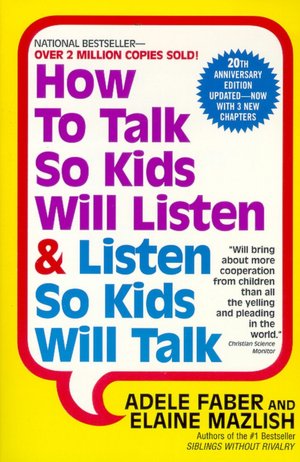I loved that River Secrets is written from a male's point of view. There is not enough good literature for young men out there. Razo seems to have a good head on his shoulders and learns many valuable lessons in the course of the story, despite his not being in possession of one of the amazing gifts that grace Shannon Hale's world of Bayern. A girl does straddle him with no good intentions, but he is uncomfortable and works his way through the situation.
Razo's sister, Rin, narrates Forest Born. The book is not what I expected. The gift works differently than anyone expects and creates a more beautiful balance in Rin's life than any of the other gift-bearers will be able to enjoy.
At one point some women are traveling without many supplies and they enter a house with fresh-baked bread. "That was the smell of home, and her ma, and the warm cottage when rainstorms seethed outside. It was a hard, hard thing to lose a home full of bread and Ma."
Later Rin and Razo have a tough decision to make, and Rin decided "She would risk herself. It was her gift to give." That is a beautiful statement of selflessness and is very characteristic of the woman Rin is becoming.
One of Razo's comments also struck me: "I'm not the smartest boy, I know that. Maybe that's not such a bad thing--smarts seem like a load of fancy clothes that you have to wear all the time, and they're heavy and rip easily even though you're supposed to keep them clean. A hassle, that's what that is." There are different kinds of 'smart' and Razo has his own, as he proves in the following sentences, but the idea that smart people feel they have to 'put on' for others is an interesting one to ponder. If you are smart there are things you can draw from that, and if you feel you are not, there is also a valuable lesson in that.
I felt that Forest Born was not quite as well written - there were a couple cheesy moments and a few crossed facts, but the core knowledge that Rin gains through the events in the book are a powerful and long accepted truth that will better any young adult who reads about it.
Spoiler alert: Rin learns that the trees act like a mirror, reflecting herself to her. When something ugly is in her soul or has marred her actions, she cannot find peace in the trees because she does not have peace within herself. She learns that she must repent to find peace again. This is important is a complex and powerful way. Where much is given, much is required.
Razo's sister, Rin, narrates Forest Born. The book is not what I expected. The gift works differently than anyone expects and creates a more beautiful balance in Rin's life than any of the other gift-bearers will be able to enjoy.
At one point some women are traveling without many supplies and they enter a house with fresh-baked bread. "That was the smell of home, and her ma, and the warm cottage when rainstorms seethed outside. It was a hard, hard thing to lose a home full of bread and Ma."
Later Rin and Razo have a tough decision to make, and Rin decided "She would risk herself. It was her gift to give." That is a beautiful statement of selflessness and is very characteristic of the woman Rin is becoming.
One of Razo's comments also struck me: "I'm not the smartest boy, I know that. Maybe that's not such a bad thing--smarts seem like a load of fancy clothes that you have to wear all the time, and they're heavy and rip easily even though you're supposed to keep them clean. A hassle, that's what that is." There are different kinds of 'smart' and Razo has his own, as he proves in the following sentences, but the idea that smart people feel they have to 'put on' for others is an interesting one to ponder. If you are smart there are things you can draw from that, and if you feel you are not, there is also a valuable lesson in that.
I felt that Forest Born was not quite as well written - there were a couple cheesy moments and a few crossed facts, but the core knowledge that Rin gains through the events in the book are a powerful and long accepted truth that will better any young adult who reads about it.
Spoiler alert: Rin learns that the trees act like a mirror, reflecting herself to her. When something ugly is in her soul or has marred her actions, she cannot find peace in the trees because she does not have peace within herself. She learns that she must repent to find peace again. This is important is a complex and powerful way. Where much is given, much is required.
